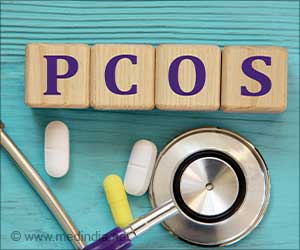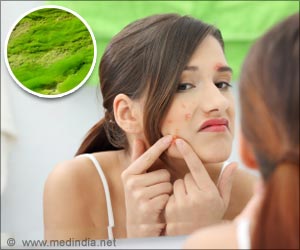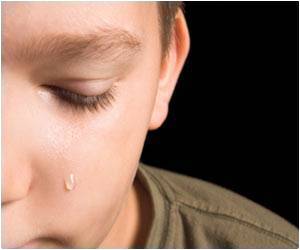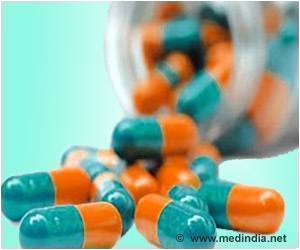No hard scientific evidence has been found to associate food coloring to ADHD, but however there are other safety issues that yet to be answered.

While the testimony from other experts did not shake that assessment, it did raise concerns for her about the lack of research on the overall safety of food dyes for children.
"The testimony I heard presents significant questions for me - issues that have not been adequately studied by scientists," Chronis-Tuscano, an associate professor of psychology and director of the University of Maryland ADHD Program, said.
"Beginning in the womb, developing brains are particularly sensitive to toxins. It's important to get better information about how much of these substances American children consume, and whether these levels are dangerous.
"Given the lack of hard evidence, I am not convinced that food colouring additives are dangerous, but I am also not convinced that they are not. It is certainly possible that some small subset of children have a unique sensitivity to these substances.
"The issue shouldn't end here. We need better answers about the effects of these additives on our nation's children," she stated.
Advertisements















